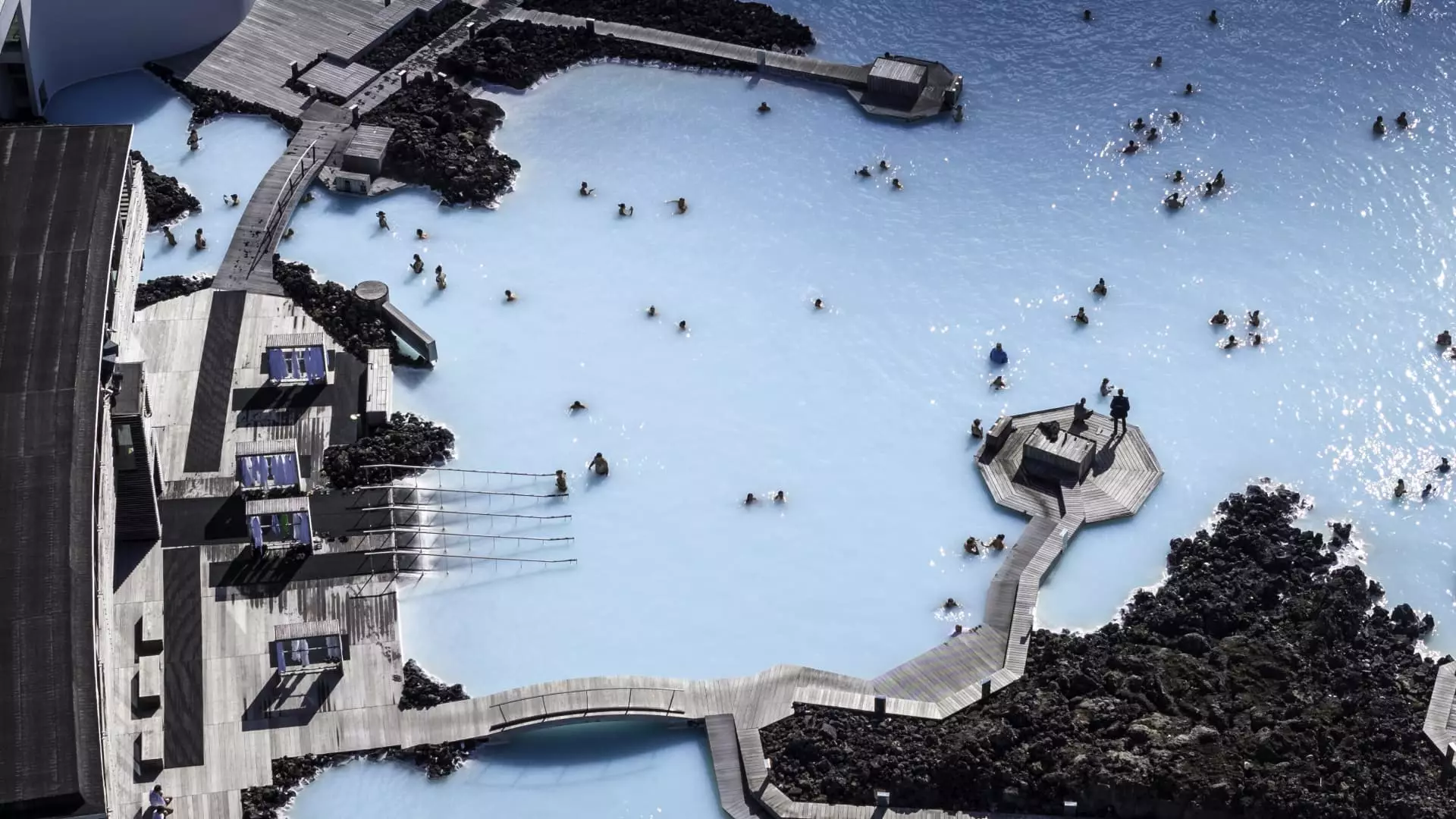In recent years, the global tourism industry has seen a surge in popularity, with travelers flocking to destinations like Iceland to experience its unique landscapes and natural wonders. However, this influx of visitors has brought about challenges such as overtourism, which can have negative impacts on the environment and local communities. Iceland, known for its breathtaking hot springs and ice caps, is taking steps to address these issues and ensure that tourism remains sustainable in the long run.
Iceland’s government, led by Prime Minister Bjarni Benediktsson, has implemented measures to manage the impact of tourism on the country. One of the key strategies is the introduction of a tourism tax, aimed at raising funds for sustainability programs and mitigating environmental damage. This tax, which was reinstated at the beginning of the year, applies to various aspects of the tourism sector, including hotel rooms, campsites, mobile homes, and cruise ships. The government sees this tax as a way to control tourist traffic and ensure that the revenue generated by tourism is used to protect the country’s natural beauty.
While tourism has become a significant source of income for Iceland, contributing to a substantial portion of its GDP, the government recognizes the need to strike a balance between economic benefits and environmental concerns. Prime Minister Benediktsson emphasizes the importance of assessing indicators such as the impact on nature and societal well-being in deciding on taxation policies. By taking a holistic approach to tourism management, Iceland aims to protect its fragile ecosystems and ensure that future generations can continue to enjoy its natural wonders.
Challenges and Opportunities
Iceland’s tourism sector has rebounded strongly from the COVID-19 pandemic, with a steady increase in visitor numbers expected in the coming years. However, this growth also poses challenges, particularly in managing the impact on popular sites such as the Blue Lagoon geothermal spa. The recent volcanic eruptions in the country have highlighted the need for sustainable tourism practices that minimize disruption to the environment and local communities. As Iceland works towards a more sustainable future, it faces the opportunity to set an example for other tourist destinations grappling with similar challenges.
Future Prospects and Sustainability Goals
Looking ahead, Iceland’s government is committed to developing a robust tourism taxation system that prioritizes sustainability. By conducting regular sustainability balance checks and adjusting fees based on environmental indicators, the country aims to ensure that tourism benefits both the economy and the natural environment. Prime Minister Benediktsson’s vision for a user-pays system and accession fees for tourist attractions reflects a proactive approach to managing overtourism and preserving Iceland’s unique landscapes for future generations to enjoy. Ultimately, the success of Iceland’s sustainable tourism efforts will depend on effective collaboration between the government, industry stakeholders, and the local community.


Leave a Reply